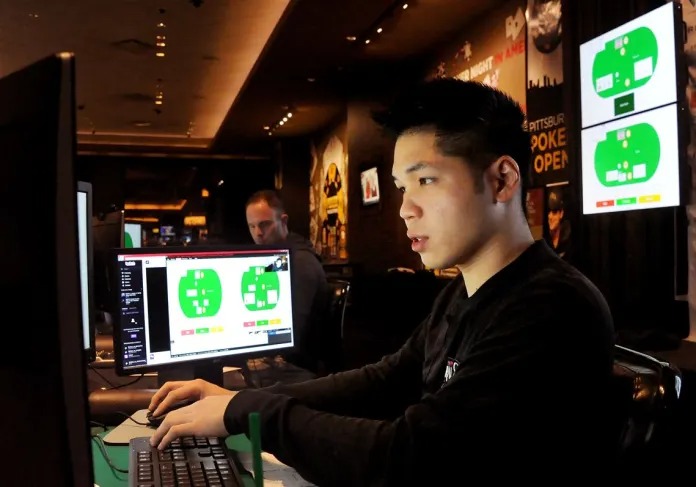According to a record by Wired, the same modern technology utilized to develop Libratus is now being gotten by the United States Military “in support of” the Pentagon’s Defense Development System.
Libratus Creator Lands Military Contract
Opportunities are that army leaders aren’t also anxious about being able to beat other countries on the poker really felt. Yet there are numerous applications for AI that can work its way around situations where each side only has incomplete details, aiding commanders make much better decisions despite the haze of battle.
Libratus was created by a team of researchers from Carnegie Mellon University, led by professor Tuomas Sandholm. In 2018, Sandholm developed a start-up company called Method Robot that would adapt Libratus for army usage, such as in simulations and war games.
Apparently, the armed forces revealed interest, as Wired discovered public documents that revealed Technique Robot got a two-year agreement worth as much as $10 million from the US Military.
Neither the Military neither the Protection Technology Unit discussed the Wired item. However, Sandholm suggested that the technology that enabled Libratus to stand out at no-limit hold ’em can also assist the army in workouts, where the present standard is only to examine a minimal number of approaches for both sides.
“That opens yourself up to a lot of exploitation,” Sandholm told Wired, “because the real adversary may not play according to your assumptions.”
Game Domination Could Lead to Real World Applications
Libratus scored its overwhelming victory over heads-up pros Jason Les, Dong Kim, Jimmy Chou, and Daniel McAulay back in January of 2017. Throughout 120,000 hands, it completed a mixed $1,766,250 ahead of the 4 people– none of whom shed any type of actual cash, as play money was made use of for the competition.
“I didn’t realize how good it was until today,” Kim said at the time. “I felt like I was playing against someone who was cheating, like it could see my cards. I’m not accusing it of cheating. It was just that good.”
The crucial triumph comes with a time when computers are verifying above people in a wide variety of video games. Google’s AlphaGo confirmed better than the globe’s finest go players by 2016, while their later formula, AlphaZero, had the ability to defeat the previous ideal programs in chess, go, as well as shogi (Japanese chess) less than 24-hour after being instructed the regulations of the game.
Those results are all exceptionally impressive, adequate to ensure that many think it’s time to start seeing comparable advancements in even more functional applications.
“It really is time to try this in some more real domains,” University of Michigan professor Michael Willman told Wired. “The breakthrough in poker was just so striking, and things are going quickly with other games.”












